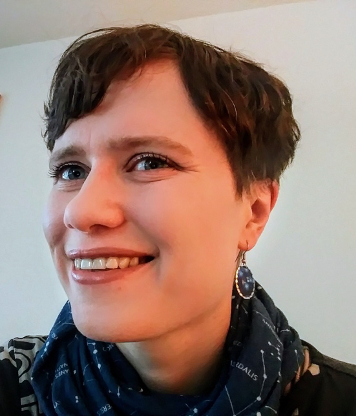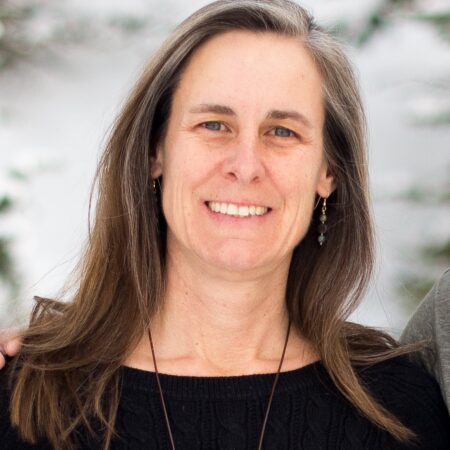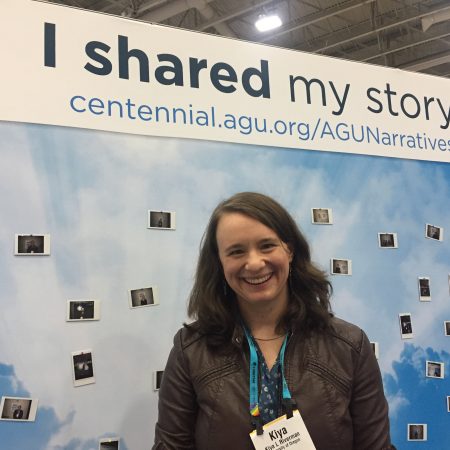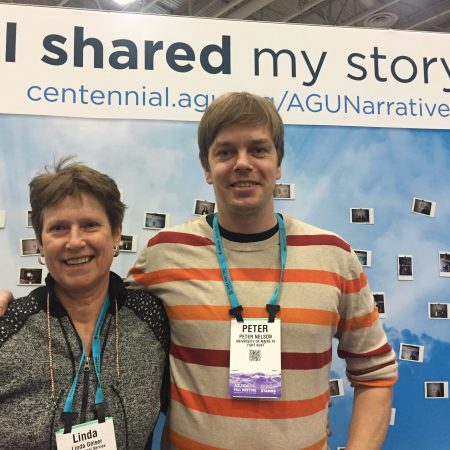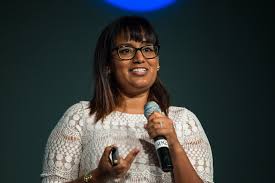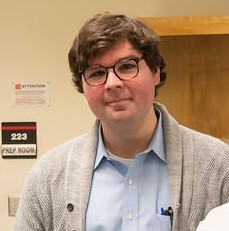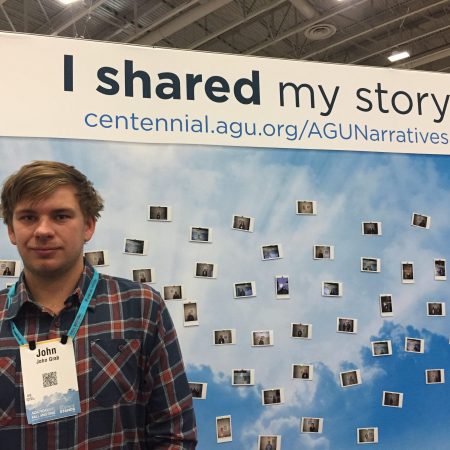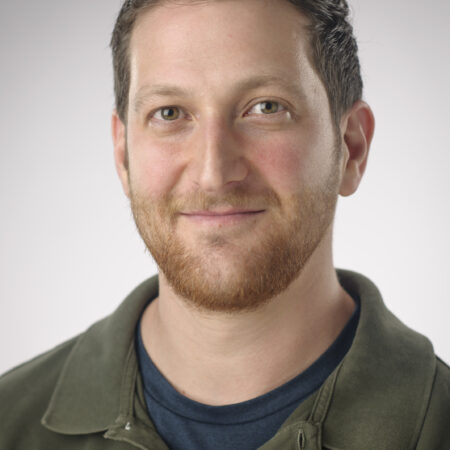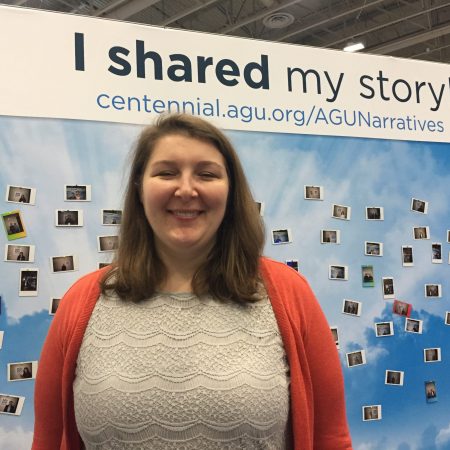Refine
Date Range Clear
Recorded by Clear
Keywords Clear
- air quality 43
- lichens 43
- Science Communication 43
- #AGU100 23
- #AGU 20
- Women in Science 20
- NASA 19
- 155 more
Partnerships Clear
Organizations Clear
Places Clear
Languages Clear
Initiatives Clear
- No matching terms.
Dr. Charles Gatebe's research focus is on clouds aerosols, ecosystem structure and function, albedo, and feedbacks to climate. In this interview, we chat about his science journey pursuing science, starting with his interest in studying Kenya’s air pollution, and how...
Dr. Tori Hoehler is a scientist at NASA Ames, with a background in chemistry and oceanography. He now studies the interaction of microbial communities with their environment, with an emphasis on the habitability of environments beyond Earth and the detectability...
When Christa Peters-Lidard cold-called the head of NASA’s hydrology lab as an undergrad, she wasn’t thinking she’d eventually land that very position. Now as the Acting Director for Sciences and Exploration at NASA’s Goddard Space Flight Center, Christa oversees several...
Dr. Naseem Rangwala is an astrophysicist and project scientist for the SOFIA mission. SOFIA, or the Stratospheric Observatory for Infrared Astronomy, is a modified Boeing 747 airplane carrying a large telescope. SOFIA observes the universe through long infrared wavelengths. As...
Engaging young students outside of the classroom can help further a life-long interest in science. Elizabeth Eubanks is trying to bring these kinds of experiences to as many kids as she can. As a science teacher, she’s heard from students...
Allison Holevoet is a Mangrove Restoration Coordinator with the University of the Virgin Islands for the SEAS Islands Alliance and works with GRROE (Growing, Research, Restoration, Outreach, and Education) US Virgin Islands Mangroves which, on top of post-hurricane restoration projects,...
Michael Wong is just as comfortable talking about science as he is with working on it. Currently a post doc at the University of Washington in Seattle, he talks about his work and path through science, from being inspired as...
James Famiglietti, hydrologist and Director of the Global Institute for Water Security, University of Saskatchewan, discusses his work with NASA's Gravity Recovery and Climate Experience (GRACE) and the evolution of technology throughout his career including its impact on water security....
James Garvin is the Chief Scientist at NASA's Goddard Space Flight Center. Dr. Garvin has been at NASA for 35 years in a variety of roles and missions, and is well known for his incredible work in NASA's Mars explorational...
Mamta Nagaraja started her career as an engineer but has adroitly transitioned into a position in science communications at NASA, where she strives to craft science into stories that will inspire others. Listen to Dr. Nagaraja discuss her path to...
As a Program Manager for NASA Headquarters Earth Science Division, Barry Lefer helps fund important global research and field campaigns that are measuring air quality and greenhouse gases. And judging by these studies, Barry thinks the future is looking good!...
John Haynes, Program Manager of Health and Air Quality applications in the Applied Sciences Program at NASA headquarters, talks about catching the “weather bug” at a young age. In first grade, he told his teacher that he wanted to be...
Michele Koppes and Heidi Roop met “on an incredible landscape on the edge of the Greenland ice sheet about two years ago.” The conversation that followed made both of them think more closely about the value of science communication and...
Dr. Egle Cekanaviciute is a Principal Investigator and Research Scientist in the Radiation Biophysics Laboratory at the NASA Ames Research Center. She is also one of the Course Directors for STAR (Spaceflight Technologies, Application and Research), an intensive training course...
When it comes to data archiving, Michele Thornton has you covered. As a Geospatial Data Professional for ORNL-DAAC, Michele ensures that NASA funded research is accessible not only to researchers out in the field but to a larger user community...
Why do people feel they way they do about issues? Why do lawmakers and policy leaders seemingly act against their better interests? And how can information be developed in a way that leads not just to greater understanding, but to...
Gael Cascioli is a planetary scientist at NASA’s Goddard Space Flight Center where he focuses on planetary geodesy — the measuring of the gravity field and shape of a planet — and is working on the upcoming VERITAS mission which,...
Kiya Riverman ended up studying glaciers because, on a field work trip, she was one of the few who could fit the ice cave in the glacier. She recalls, “you're surrounded by glaciers and then sometimes you're underneath glaciers. And...
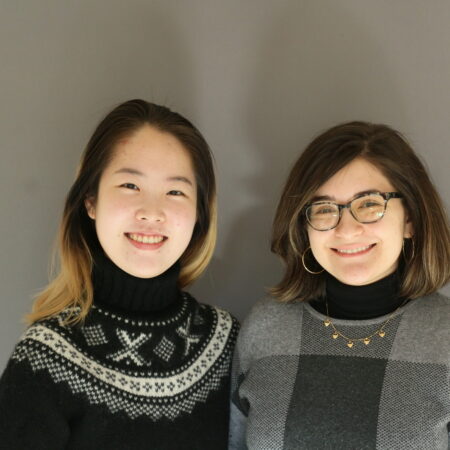
Friends Claire Kyoung (21) and Minna Apostolova (21) reflect on navigating college during the COVID-19 pandemic and how their friendship has helped them both grow through challenging times.
Linda Geiser and Peter Nelson tell their own stories and reflect on the impact they’ve had on each other lives. They’re both currently with the US Forest Service but first met when Linda hired Peter after he finished university to...
Dr. Gupta was unsure of what she wanted to work on after finishing medical school, but she found her calling and is now the Open Innovation and Community Applications manager at NASA headquarters. Listen to Dr. Gupta talk about her...
Rafael Loureiro may confess to being an introvert, but he has no fear of people. He started off talking about AGU’s Voices of Science bootcamp, which he is participating in this year to develop his spokesperson skills. That segued into...
John Booker Grab grew up in New Mexico and remembers, at the age of 8, running out the back door into the Santa Fe National Forest to go and collect fossils. He then went on to study at Montana State...
Dr. David Smith is a microbiologist at the NASA Ames Research Center. David led the design, construction, and validation of two NASA Balloon Program payloads carrying biology experiments (E-MIST and MARSBOx) as well as the use of a bio-aerosol collector...
Erica Bickford’s advice to early career scientists or students is to look outside academia and explore all the potential career options available to scientists. She is particularly aware of the importance of science in daily life and in the policy...
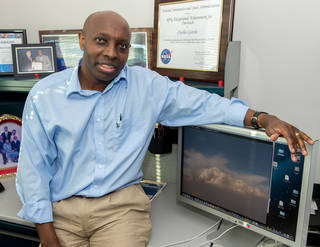
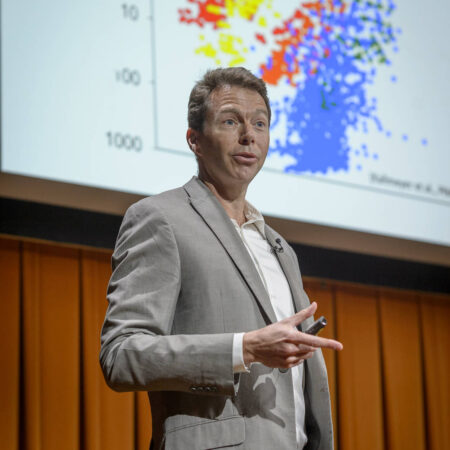

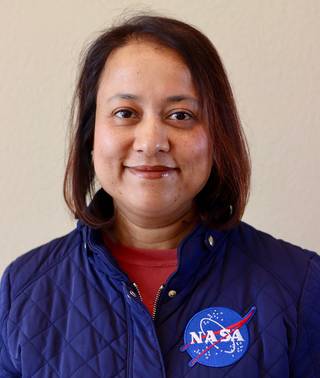
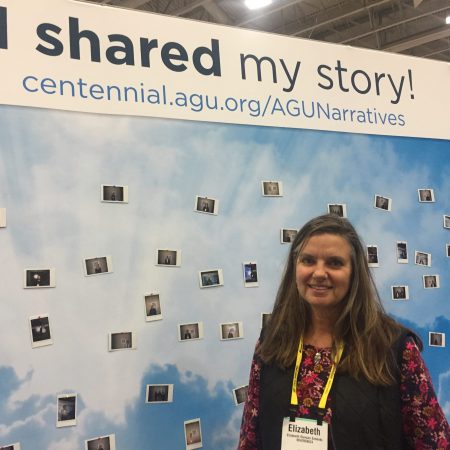
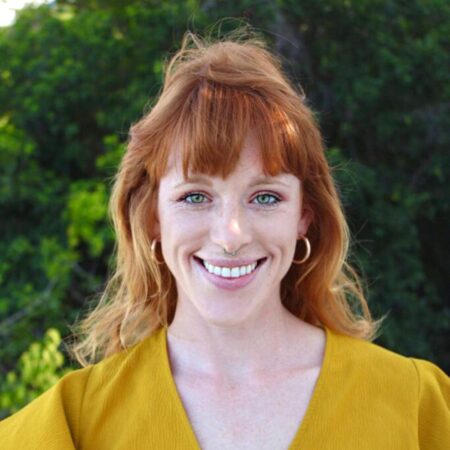
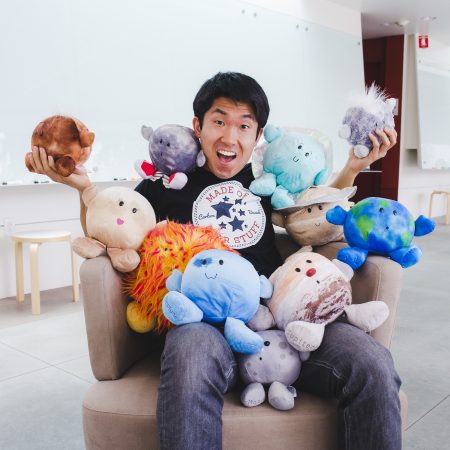

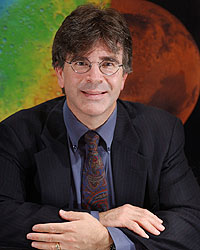
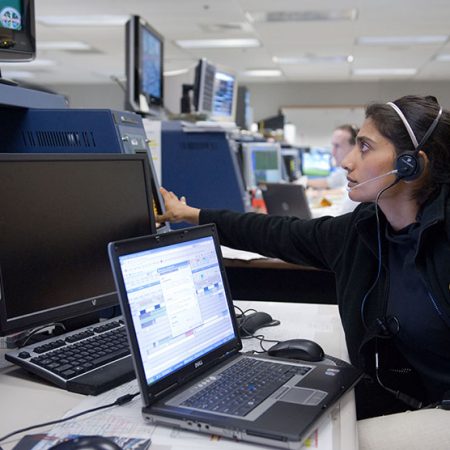
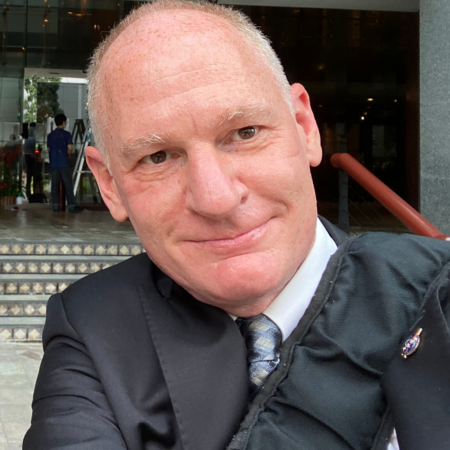
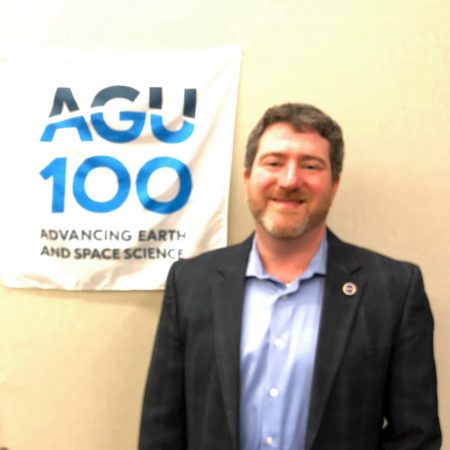
![“How is it that we collect stories [and] create spaces for those stories to be told?” An interview with Michele Koppes and Heidi Roop](https://archive.storycorps.org/uploads/2019/07/181212_Koppes-and-Roop_Booth-450x450.jpg)
